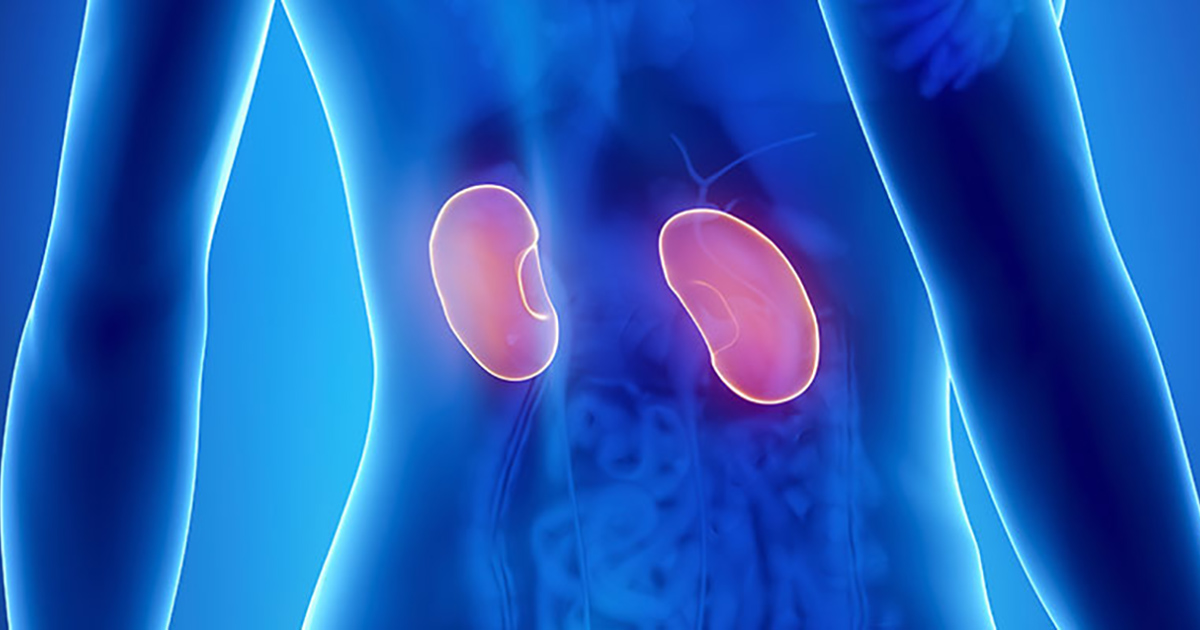Acute Renal Failure: An Overview
Kidney failure, also known as acute renal failure, has various warning signs everyone should be aware of. Kidney disease does not need to run in the family to affect anyone, though it will certainly increase an individual's overall risk of being affected. Many environmental factors contribute to kidney disease and acute renal failure, such as smoking, the consumption of alcohol, and many common foods. However, the most concerning nutrient to keep an eye on is the levels of sodium.
Of course, it is vital to understand the full overview of acute renal failure to be successful in managing such a condition. Get started on this now.
What Is Acute Renal Failure?

Acute renal failure is a serious health condition where the kidneys are no longer able to remove waste products from the blood the way they should, causing toxins in the blood to build up and body functions to decrease. Acute renal failure can progress rapidly once it starts. This condition usually affects individuals who already have compromised immune systems, patients in the hospital, and those over sixty-five years old, but perfectly healthy young individuals can also find themselves dealing with acute renal failure. Acute renal failure is a very serious condition and without proper medical care, it can lead to death. When treated correctly, patients can regain near-normal kidney function.
Continue reading to learn about the major symptoms linked to acute renal failure next.
What Are The Symptoms?

An individual affected by acute renal failure will present with several symptoms associated with significantly reduced kidney function. Symptoms of acute renal failure happen suddenly, usually over several hours, but it can be up to two days. Acute renal failure patients may have urine output with a very dark color and that is less in quantity and frequency than normal. Due to the buildup of toxins in the patient's blood, they may experience unexplained nausea and itchiness as well. Some individuals who develop acute renal failure will experience chest pain or pressure, confusion, swelling in the lower extremities, and shortness of breath. It is not uncommon to see an individual affected by acute renal failure experience a loss of appetite and an irregular heartbeat as well. Severe cases of acute renal failure may present with life-threatening symptoms such as loss of consciousness and seizures.
Get familiar with the causes of acute renal failure next.
